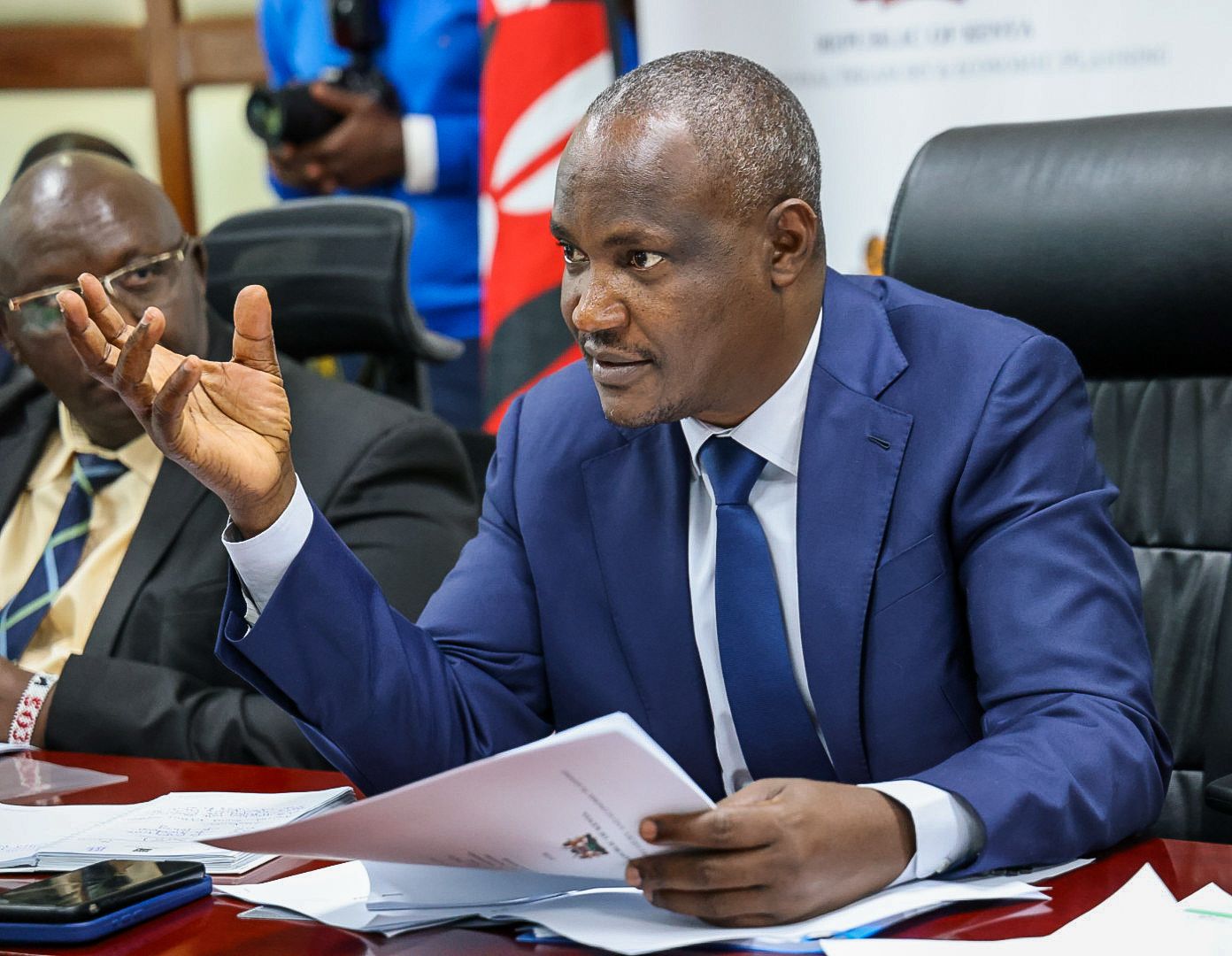Kenya drops IMF funding in new budget plan

The decision comes after Kenya exited the 9th review of its IMF program.
The government has confirmed it will not rely on funding from the International Monetary Fund for the 2025/2026 financial year, opting instead for other means to raise the required Sh4.2 trillion.
The decision comes after Kenya exited the 9th review of its IMF program, cutting short a process that would have unlocked Sh109.4 billion in disbursements.
Treasury Cabinet Secretary John Mbadi said that despite ongoing talks with the IMF, the next national budget will not include any contributions from the fund.
"The good news is that this is a program that we will negotiate. The other one was negotiated by the previous government. Now this one we will negotiate, and we will negotiate within the confines of what is happening in the global economy, and also back at home. So, in a nutshell, I foresee good deliberations going forward," Mbadi said.
Out of the missed amount, Sh13.9 billion had been earmarked to help stabilize Kenya’s balance of payments, while the rest was expected to support the overall budget.
The government and the IMF agreed to end the current program due to delays in meeting revenue goals and limited time for completing the review.
Mbadi added that the cancellation of the review was based on mutual understanding between both parties, allowing the government to now focus on a new arrangement better suited to the current economic conditions.
He believes the fresh deal will be more favorable to Kenya, especially after the IMF board’s quota review, which could lead to a larger funding opportunity.
Though hopeful about future talks, the CS did not disclose how much Kenya plans to request from the IMF under the proposed program.
"IMF, we have also been repaying, so that opens up some space. We had a facility exception access last year, which we didn’t exploit because the markets opened, and we went to the market to manage our liabilities. That is also available," he said.
CS Mbadi made it clear that Kenya will now explore support from other sources, including the bond market and global institutions such as the World Bank, the African Development Bank, and OPEC.
"Again, I want to repeat, the IMF's main objective is not to give loans; we have other institutions that are supposed to give us loans, like the World Bank, AFDB,(sic) OPEC. We are going the bond route and exploiting that route," he said.
On debt management, Mbadi ruled out the option of restructuring, warning that such a move could hurt the economy.
Instead, the government will work with available tools to raise funds without destabilizing the country’s financial standing.
With IMF's support removed from the equation, the government will now rely on new borrowing strategies and internal planning to finance the upcoming budget.
Treasury says the focus will be on balancing commitments while keeping the economy steady during the transition to a new funding framework.
